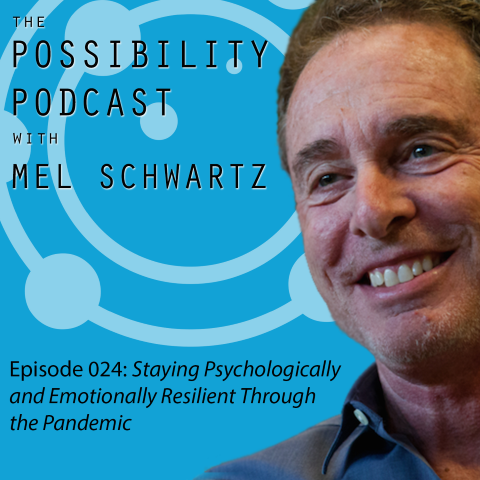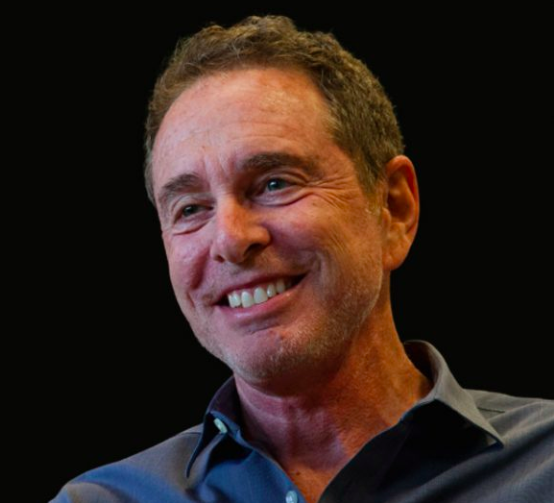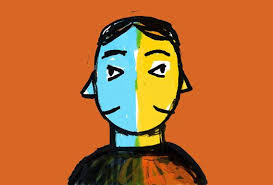In the coming weeks and months we’ll be addressing many of the challenges you’ll likely be facing and new ways of thinking to overcome them. I welcome you to join me in this participatory, interactive experience. Please feel welcome to email me with your questions. I’ll also be announcing a live, participatory web conference in which we’ll pursue ongoing discussions and establish a virtual support forum for one another. Please contact me if you’d like to be added to this mailing list.
Acting sensibly-whether for others or for yourself-often requires embracing dissonance. Here’s what I mean by the word dissonance.
During life prior to the coronavirus pandemic, I can recall the tension I might feel when out to dinner, the waiter might ask, “What would you like for dessert?” The very description of the tasty sugary treat produced endorphins. I felt a visceral urgency to order that dessert.
But another thought might arise and do battle with my desire. That thought might be, “you’ll feel like crap later and regret this.” Or, “I know how unhealthy this will be.” Learning to hold the tension of this internal conflict helps us make better choices. Engaging the battle of competing choices allows us to become more complex and mindful. This ability separates us from the baser instincts of the animal kingdom.
Nowhere–and at no time– is this tension more vital to our well-being and survival than in the midst of this pandemic. This realization crystalized for me as I was facilitating a virtual therapy session with a high school student just the other day.
Her behavior was reckless as she continued to party with friends, sharing joints as they got high. When I asked her if she was aware that her behavior exposed her, her friends, their parents and countless others to infection from the virus, she sheepishly agreed.
“So why do you do it,” I asked? Her reply was stunningly to the point. “Because I want to.” I discovered that she was simply blocking a dissonant reality, that her behavior could wreak terrible harm. I see this troubling behavior often, often among younger people, but common to all ages. Avoiding the tension of conflicting thoughts damages us as it reduces us to an ignorant simplicity.
Exercise.
If you’re considering breaking quarantine or not social distancing and you have a thought “I’ll be fine,” ask yourself how you came to that belief? If the issue isn’t with yourself but with your children or friends, ask them, “What makes you think you’ll be fine.” That is a belief not a fact. What makes you think your belief is true?
New thinking: “I’m having a thought that’s telling me I’ll be fine.” “Why do I believe that thought to be true?” Invite in the discordant thinking that sets up conflict.
Trust that you can resolve the struggle between opposing thoughts in a healthy way. The ability to invite in dissonance enables us to grow in our relationship with ourselves and with others, but for the moment let’s stay focused on its vital importance in this pandemic.
This may sound counterintuitive but we need to heighten our comfort with the tension around the choices we make. When we open to opposing thoughts, we buy a few extra moments to reflect on dearly important decisions. That space between your thoughts offers you both insight and illumination. Slow down and think as you break the spell of misleading thoughts.
In the nanosecond between your thoughts, you exist in a state of pure possibilities. Try to extend that moment and you can achieve wisdom. —The Possibility Principle

Listen To The Latest Podcast
The Possibility Podcast Episode 24
Staying Psychologically and Emotionally Resilient Through the Pandemic


